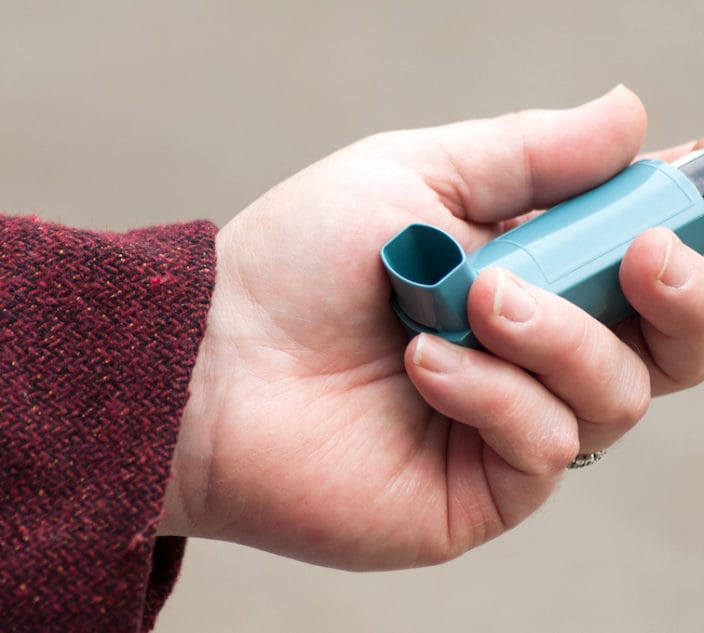
Natalie Giorgi
The parents of Natalie Giorgi, the 13-year-old girl who died in July 2013 after inadvertently consuming peanut in a treat, have filed a wrongful death lawsuit against the city of Sacramento.
“Obviously it’s something we find no joy in pursuing,” Dr. Louis Giorgi, Natalie’s father, told the Sacramento Bee. “But it is consistent with our approach to accomplish the goal to help raise awareness of people, to pay attention to this and know it can be fatal. We need to take simple steps to protect all of our children. There can never be another Natalie. And there should never be another Natalie. It [anaphylaxis] can be prevented.”
The Giorgis had been camping at Camp Sacramento, a long-established family camp run by the city of Sacramento, when the peanut exposure occurred.
Natalie reportedly took one bite of a Rice Krispies treat which, unbeknownst to her, contained peanut butter. She had no immediate symptoms and her parents initially gave her liquid antihistamine as a precaution. But later she rapidly developed symptoms of anaphylaxis, becoming nauseated and developing extreme breathing difficulty. Her father, a urologist, then injected her with her two epinephrine auto-injectors, later administering a third auto-injector owned by the camp. But the girl passed away.
The lawsuit says that Natalie’s death was caused by negligence on the part of the camp personnel. The Giorgis had stayed at the camp on several occasions, and each time informed the camp staff, in writing and in person, that Natalie and her twin sister both had peanut allergy, and of the food precautions required. The lawsuit says that, at the 2013 camp, there were also “numerous other” children and adults who also had severe peanut allergies.
The suit contends that camp staff were negligent, since they prepared the peanut butter-containing treats, and did not take any precautions to label or distinguish the treats as peanut-containing. This had always been done in previous years. The suit says that in taking a treat, Natalie “reasonably and forseeably anticipated that the Rice Krispie treat would be free of any peanuts or related peanut products”.
The city of Sacramento and the camp are accused of negligence in the hiring, training and supervising of staff who were to be serving campers with food allergies.
In addition, after the first two epinephrine injections failed to stop the reaction from progressing, Louis and Joanne Giorgi (Natalie’s mother) contend that camp staff were unable to locate the key to the storage cabinet that contained medicines including an epinephrine auto-injector. The inability to locate the key led to a delay in the administration of the third auto-injector to Natalie, which the lawsuit says may have contributed to her death.
As well, Dr. Giorgi was forced to shatter the glass cabinet to retrieve the auto-injector, causing significant injury to his left arm and hand. The lawsuit makes clear the trauma experienced by the parents and Natalie’s twin sister, and calls for compensation for their emotional distress and, less significantly, for medical costs.
Within the food allergy community, Natalie’s tragic death prompted many questions about how to respond to accidental allergen consumption and when exactly to administer epinephrine. In response, Allergic Living published interviews with leading food allergy experts Dr. Robert Wood and Dr. Susan Waserman. They provide helpful insights, and you may wish to read and share the article here.





